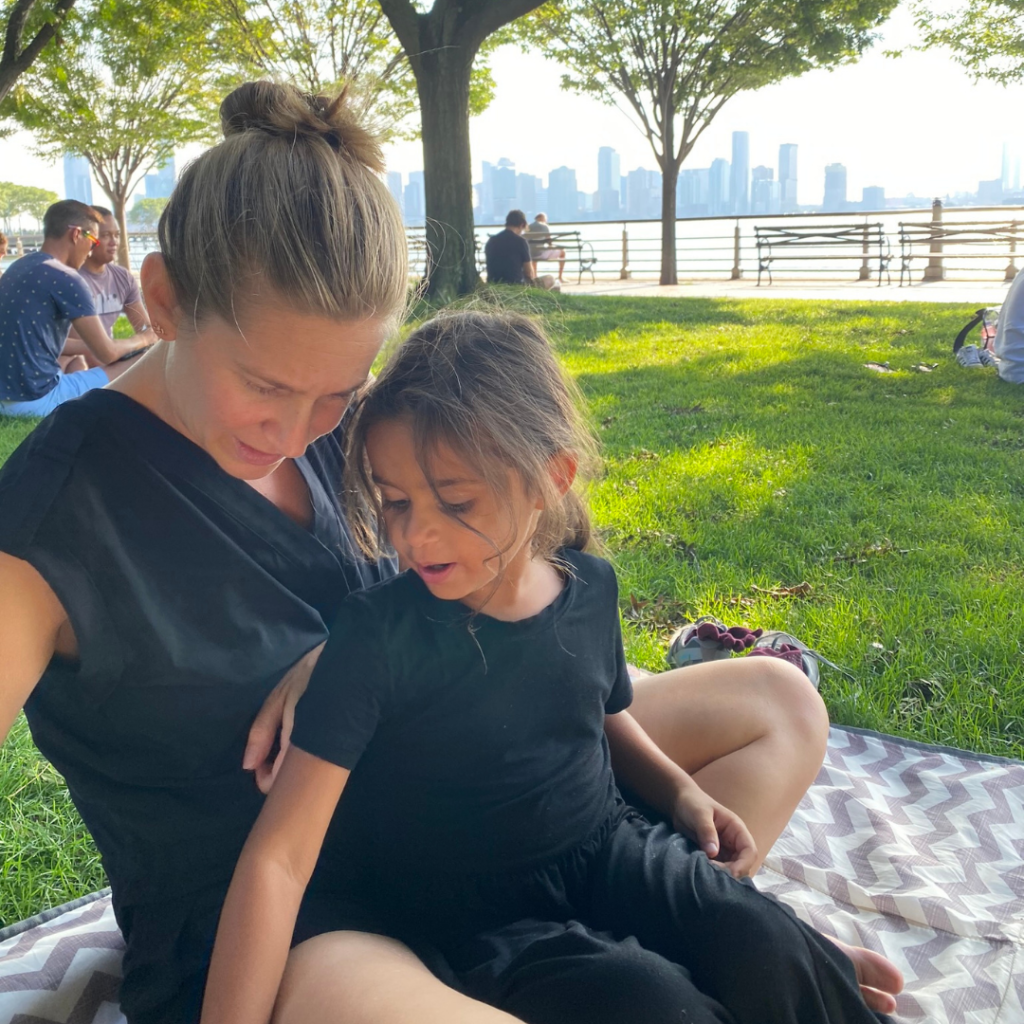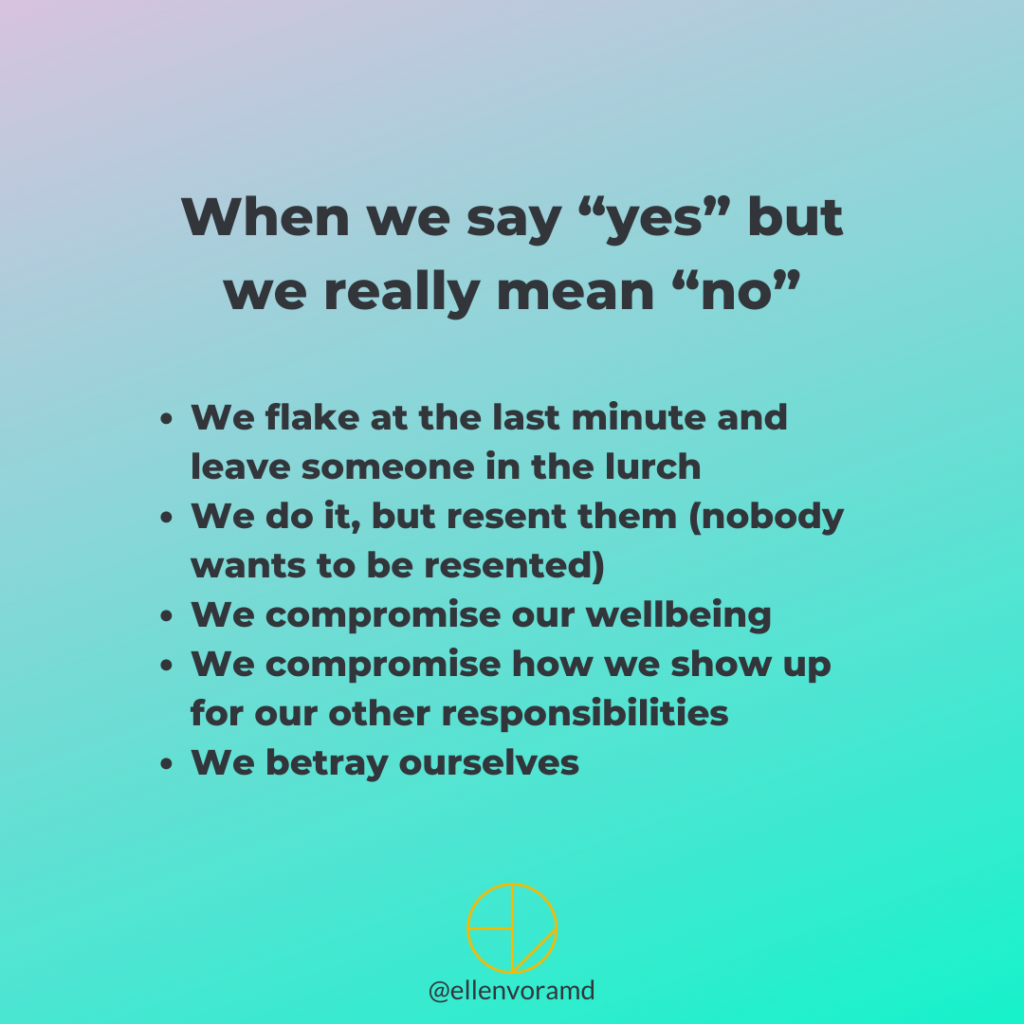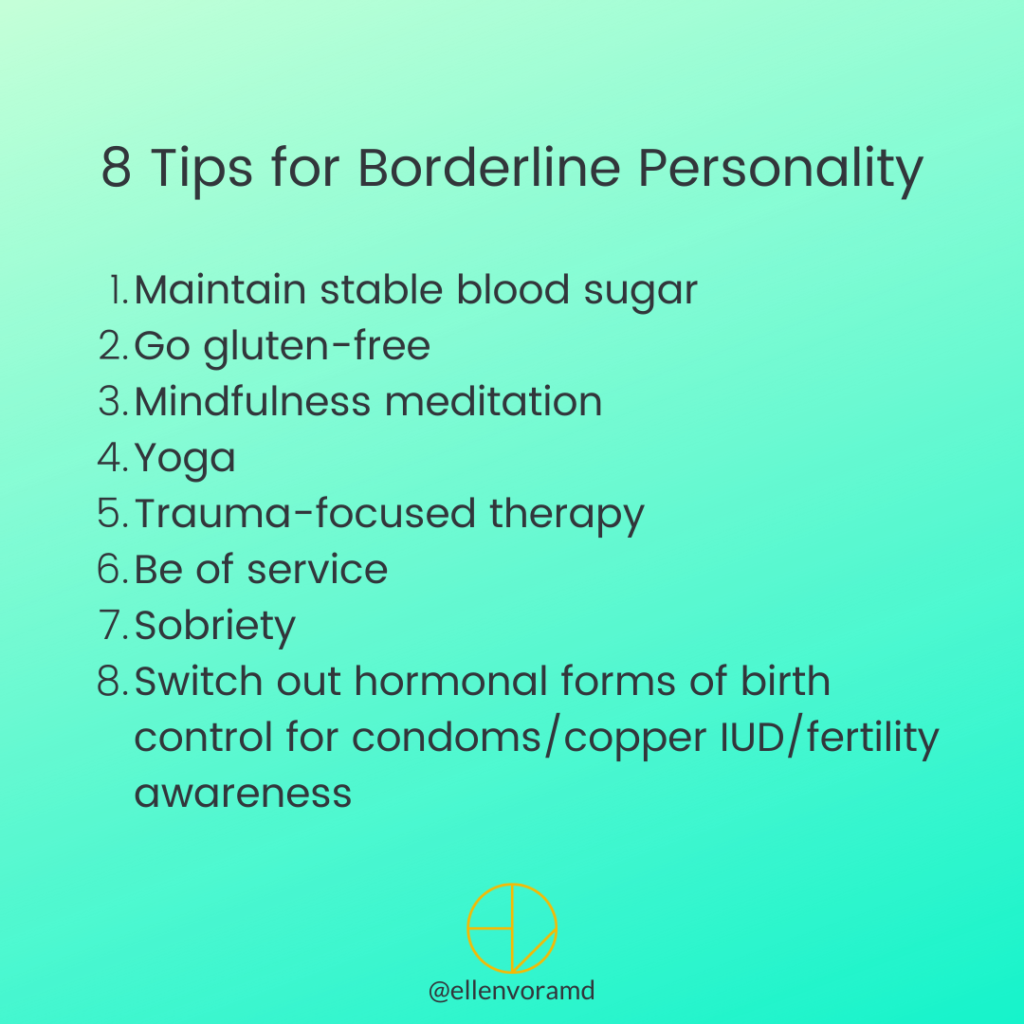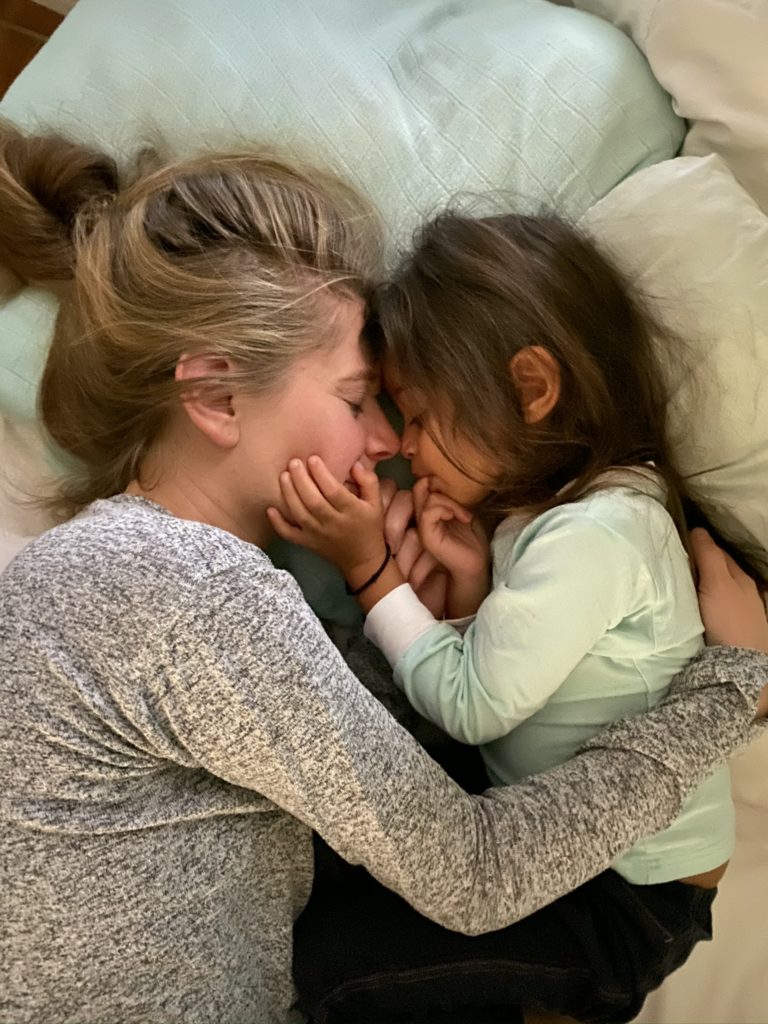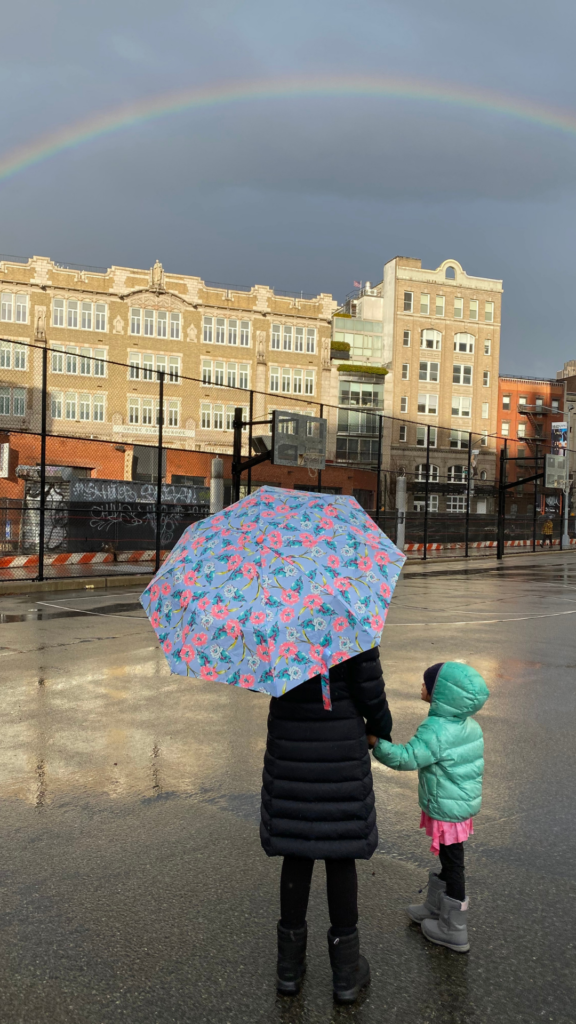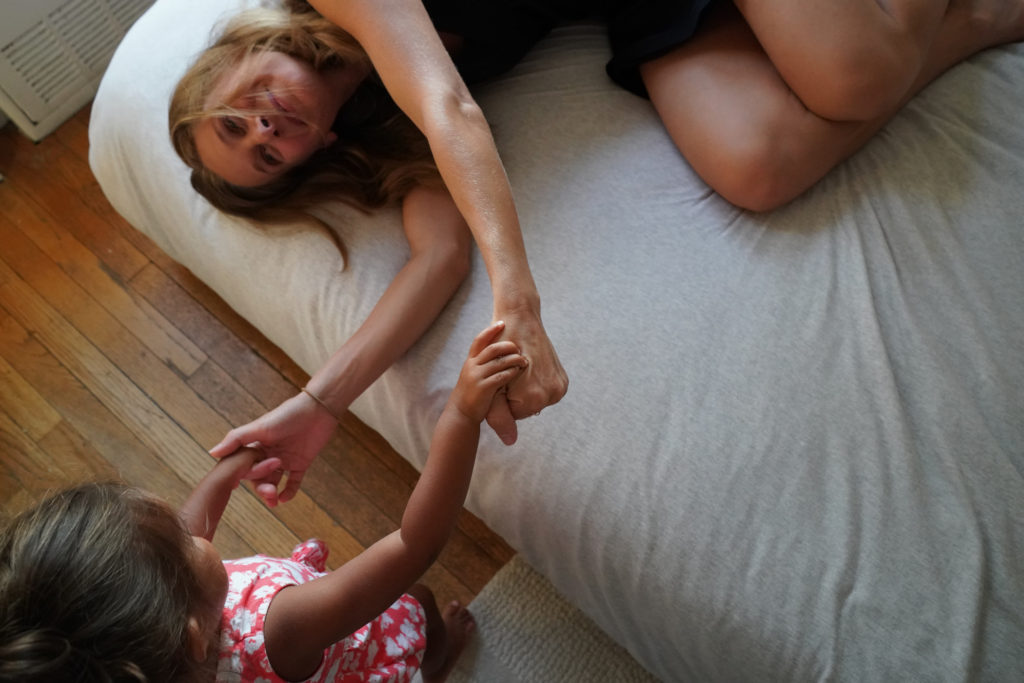Originally published on Medium.

Image: Chrissy Teigen shares an intimate look at her immense sadness after losing her baby
When I was ten weeks pregnant, I took a deep breath and posted about it on Instagram. I knew there was a risk I might have to return, tail between my legs, to admit I had miscarried. But that was exactly the point. There’s an unspoken rule to keep pregnancy a secret until you’re in the “safe zone” of the second trimester (twelve weeks). Why? Because miscarriage is common in the first trimester, and we don’t want to have to talk about it. I believe this perpetuates an idea that miscarriage is shameful, that people can’t handle talking about it. Neither of these things are true, so I decided to use my social media platform to model a new kind of behavior, announcing my pregnancy in the first trimester, owning this uncertainty in a public forum.
That uncertainty in the first trimester is very real. As a physician, I’m aware that miscarriage occurs in about ten to twenty percent of pregnancies, and almost all of that risk falls in those first 12 weeks. Understandably, people wait until the risk of miscarriage is considerably lower before they tell the world.
But there’s a problem with this: we rarely hear about the early pregnancies that end in miscarriage. It creates a biased perception that all pregnancies you hear about magically work out. And then, when someone has a miscarriage, they’re left feeling isolated in that experience and suffering in silence. They wonder: what’s wrong with me? Why did this happen to me and not to everyone else? But in reality, it happens so often — we just don’t hear about it. Miscarriage is a last bastion of secrecy and shame. I felt called to put myself in this exposed position so that, in the event of a miscarriage, I could offer up my lived experience to help shift the conversation around miscarriage.
Then, at eleven and a half weeks, I miscarried.
